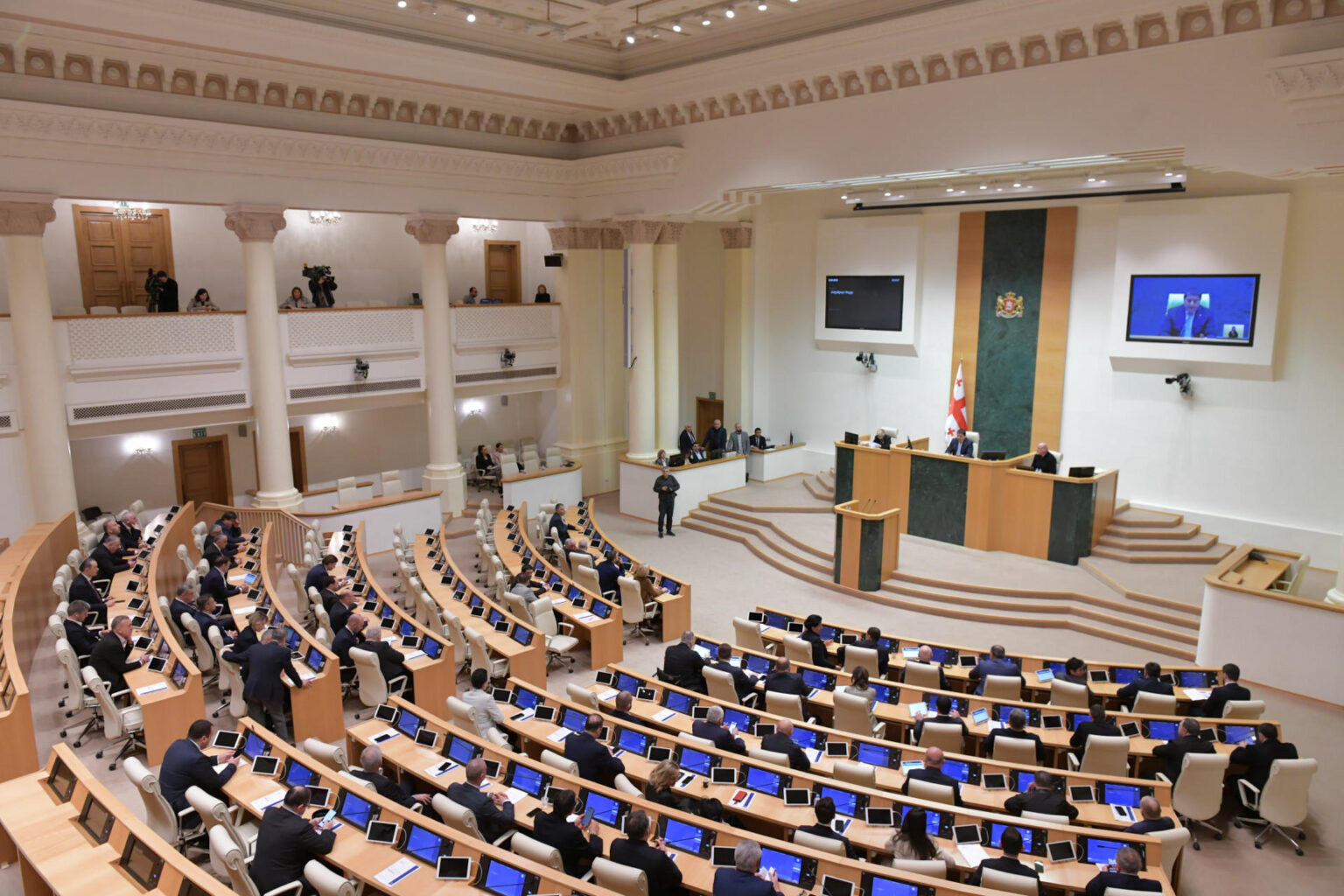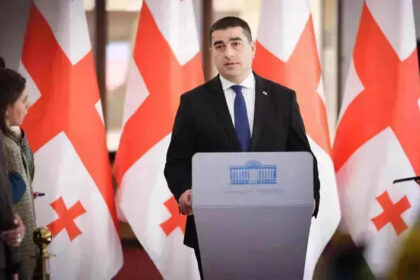**Parliament Approves Amendments to Ban Successor Parties**
In a move aimed at restricting the activities of political parties, the Georgian Parliament has adopted a package of legislative amendments related to the ban on political parties. The proposed changes were approved in the second reading with 79 votes from lawmakers, who unanimously supported the planned amendments to the laws “On Political Unions of Citizens” and “On the Constitutional Court”.
The key change introduced by the draft law concerns the deadlines for making a decision on the banning of successor parties. A successor party is defined as a new party that has essentially the same declared purpose, essence of activity, and personnel composition as an already banned party.
**Reduced Deadline for Banning Successor Parties**
Under the previous draft, the Constitutional Court was given 9 months to issue a decision on lawsuits related to the constitutionality of parties during non-election periods. During election periods, the deadline was set at 14 days. However, today’s decision has reduced this time frame to just 14 days for both election and non-election periods.
**Justification from Georgian Dream MP**
Tornike Cheishvili, a member of the ruling party Georgian Dream, defended the reduced deadline during the second hearing. He argued that since the Constitutional Court would have already ruled on the constitutionality of the original party, it should not take much time to establish whether the successor party shares similar characteristics.
“This is a logical deadline,” Cheishvili said, implying that the process should be expedited considering the court’s prior decision on the parent party. “We must assume that there is an appropriate decision based on this, and the identity of the essence of activities and personal composition of the so-called successor party will have to be established, which will not take much time.”
**Implications for Georgia’s Political Landscape**
The adoption of these legislative amendments is likely to impact Georgia’s political landscape. The reduced deadline for banning successor parties may make it more challenging for opposition groups or parties to form and operate freely. Critics argue that this move could further restrict the ability of smaller parties to participate in politics, potentially favoring larger, established parties.
As the Georgian Parliament continues to shape the country’s political environment, observers will be watching closely to see how these changes affect the balance of power and the rights of citizens to form and join various political groups.












